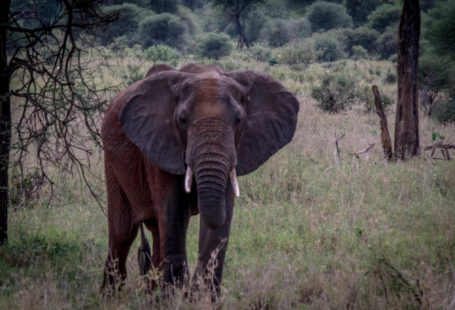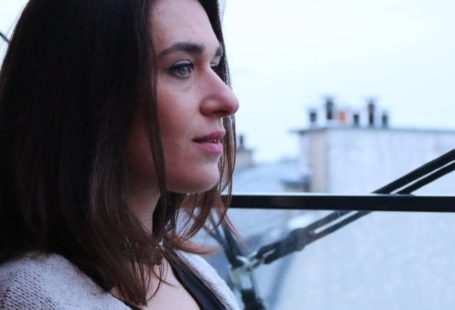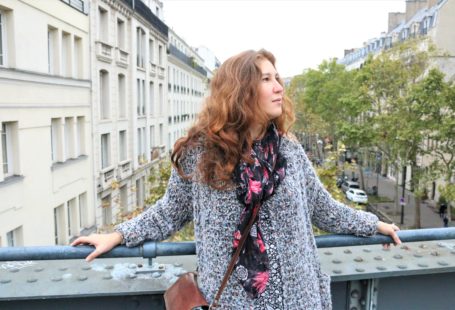The interview was conducted and recorded on 16 February 2020 by the Parisian artist Nathalie Kho.
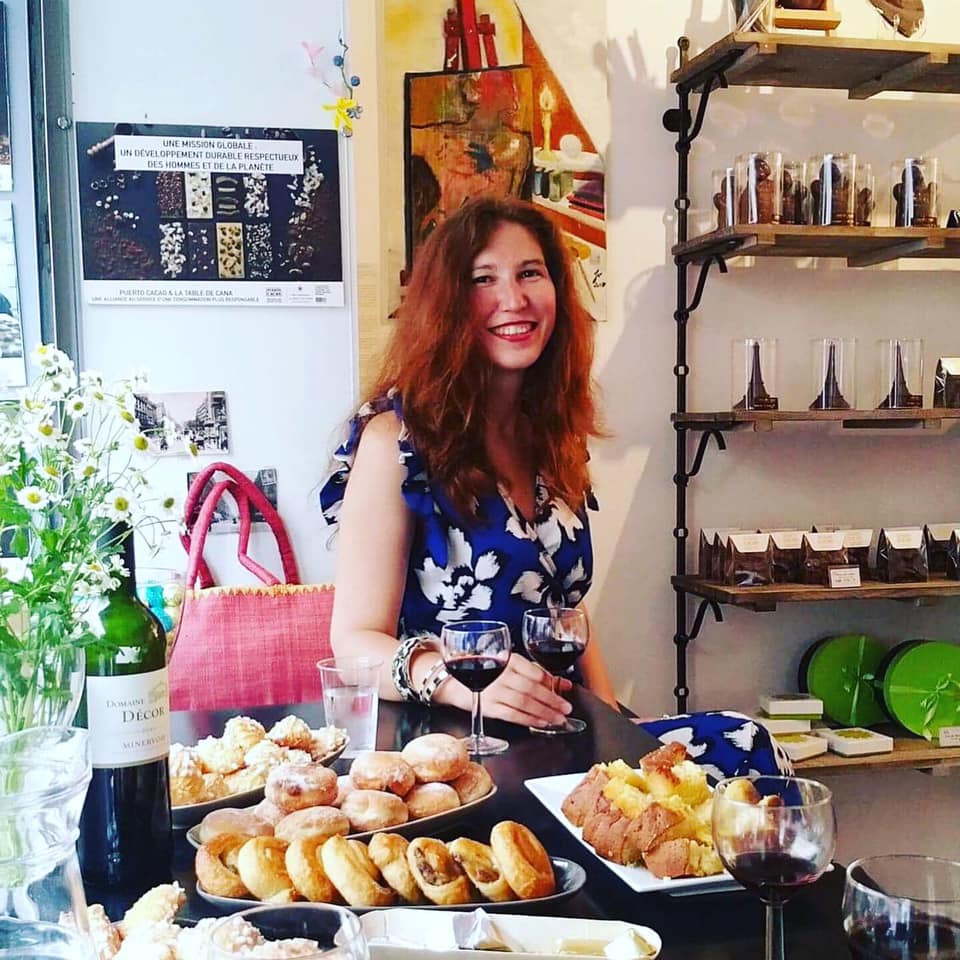
My first impression of you is fire, flame and flight. And how would you describe yourself, except, of course, for being a writer?
Am I a writer? That’s the big question. Sometimes, of course, I am a writer. For as long as I can remember, I have been able and love to tell stories, to make things come true that have not yet happened but are in the air, and I’m getting better at it every year. But most of the time I’m just a person. Just a woman. Or a reflection in my cat’s golden eyes.
Flame is my favorite element. As a child, I often dreamt of flying as a spirit of fire through Tashkent at night, that eastern, white-hot city, with its velvety sky and twinkling high-rise lights. Those dreams were so vivid and lively.
I also remember a fairy tale film that struck me to the core. I remember only one scene. In it, the girl danced in clothes that looked like wings on a huge bonfire. That’s just about me. That’s my whole life.
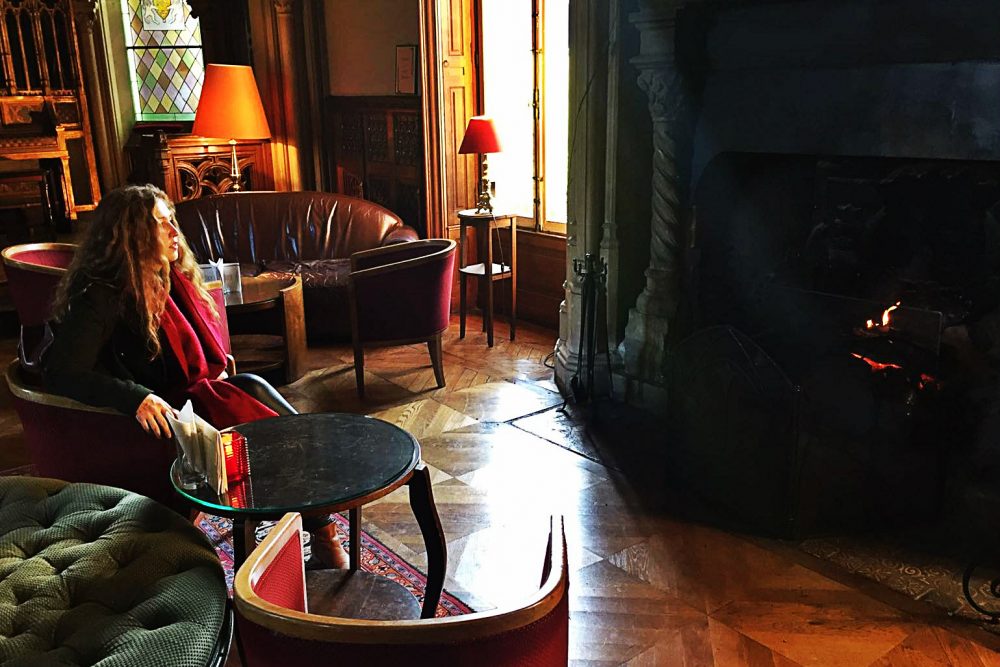
I personally feel that you are not only a writer, I feel that you are a revolutionary…
I like to believe that at my core I am a creator. Or as they used to say in ancient times, an architect. I like this incessant process of transformation, of improving reality around me. Both inside and outside. That’s why I’m so fascinated by Antoine de Saint-Exupéry’s The Citadel. This book is about architecture and serving people in the highest sense of the word.
Chaos and destruction – the tools of revolutionaries – are curious to me, but alien. They are wild, out-of-control energies, though one can draw inspiration and strength from them, too, if one wishes. Revolutionaries are always a bit selfish. They’re teenagers, they’re rebels. They’d like to destroy everything that was built before them, and then the grass couldn’t grow. But the world needs them. And they need the world. They are part of a process that is older than anything else in the world.
I am more interested in creation. This is also part of the process. Creation is probably also a choice that you make every time you decide whether to follow the beaten track or try something unexplored. It just so happens that I’m more into something that hasn’t happened yet. I see a future that is ready to happen, and I help it quietly by letting it into the world.
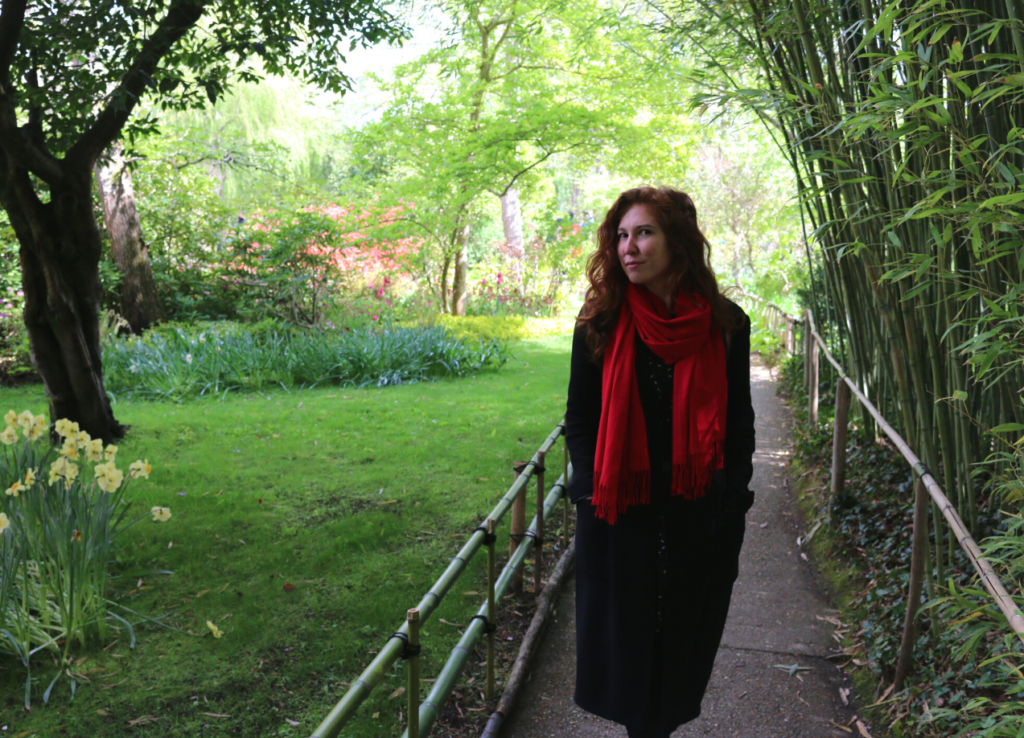
We once talked to you about your happiest trip. And you said it was your trip to the Sahara. Tell me more about that. You and the Sahara. What was it about for you?
The Sahara… It really was the most important trip of my life.
I see a future that is ready to happen, and I help it quietly by letting it into the world.
Olga de Benoist
In general, sandy, sunburnt landscapes really resonate with my soul. Landscapes like Antoine de Saint-Exupéry’s “Citadel”, Anthony Minghella’s “The English Patient”, or Frank Herbert’s “Dune”. Maybe I like the desert so much because it reminds me of my childhood. I actually have two homelands. Siberia, where I was born, with its taiga and dizzying rivers and expanses, and Uzbekistan, where I grew up, with its sun-drenched dunes, deserts, forty-degree heat, and talkative oriental bazaars.
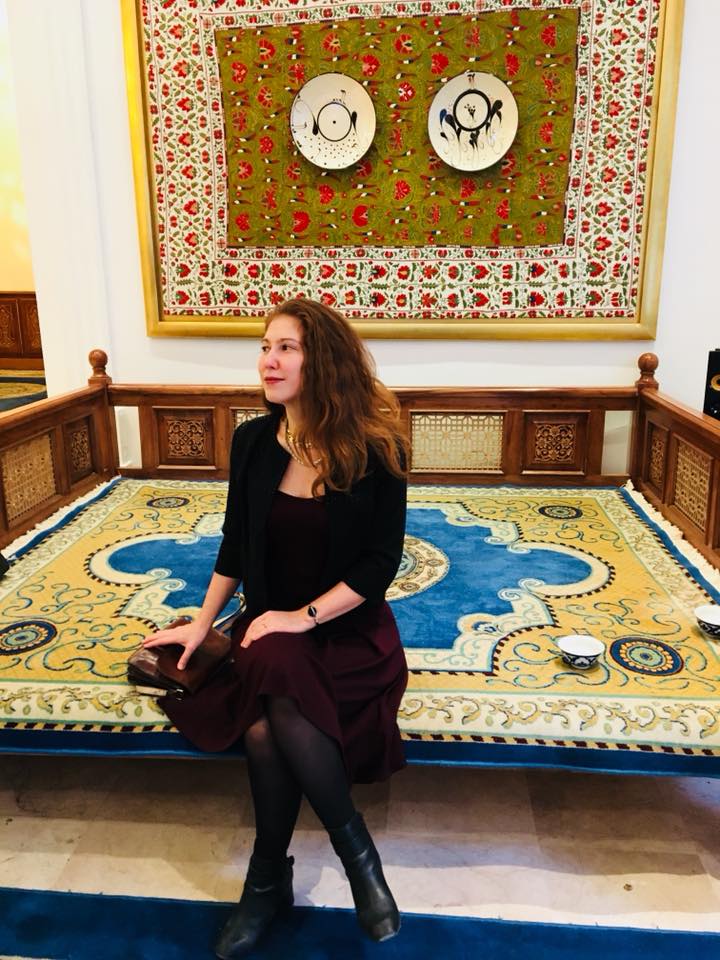
I had always dreamed of visiting the Sahara. In the summer of 2018, I heard its call. It was like an obsession, that call. I remember, as if in a dream, taking a ticket and flying to Marrakech. I found a riad for one night somewhere in the medina in the Red City. Lying on a hot bed all night alone in the bowels of a strange city, I thought, “Where the hell have I gone?” In the morning I hit the road, racing through the hot August Morocco wherever I could see, from city to city, meeting and parting with people from all over the world, until I found myself in the Sahara. And there I found myself alone, face to face with my fears and dreams. It was there that I met myself. I looked into the eyes of my chaos and the elements. And understood how to tame them. And now a lifetime will not be enough to apply this knowledge. That trip to the Sahara transformed me forever.
You see, in the desert you are there, where there is sun and eternity and nothing else. It is impossible to lie to the desert, it is impossible to pretend to be someone else there. There you are nothing and at the same time impossibly great. In the desert there is the beauty and aesthetics of the void from which we came and into which we will all go. In the desert, you are alone with God.
Reading your blog, Cities and People, I came across an article about Freddie Mercury. Your thoughts on him really resonated with me. For myself, I always say: Freddie Mercury wrote music for dragons flying in the shining skies. Tell our readers, please, how do you perceive him? What inspires you about him?
Freddie Mercury is a rare type. Passionate. I don’t know if he was singing for dragons or for people, for heaven or for the abyss. But he turns music upside down, creates a modern temple for it in his chest. For music, for this temple, he spares nothing, he spares not himself, he spends himself ruthlessly, with passion. I like people like that. Generous and passionate. He’s the kind of revolutionary he is. He knew a lot about chaos and destruction. It’s just words, though, isn’t it? Freddie Mercury is the kind of man who doesn’t fit into words.
In the desert, you are alone with God.
Olga de Benoist
Now, what’s in your work? What are you writing?
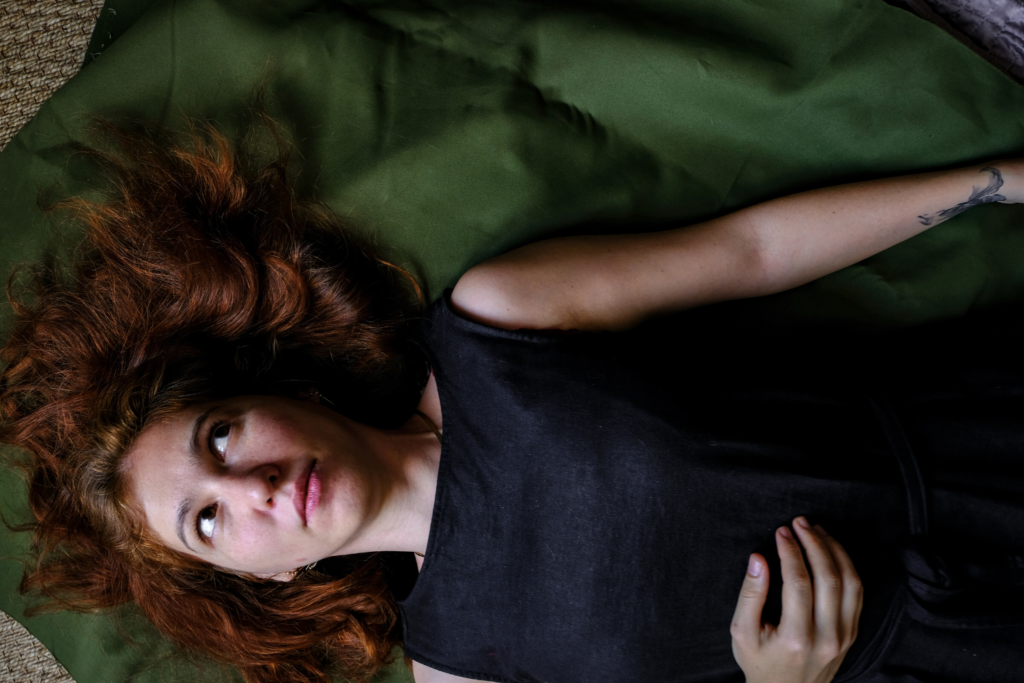
For a year now, I’ve been working on a story about eternal love, a love that is stronger than space and time, an initiation love. It takes place in the Parisian cemetery of Père Lachaise on the night before Christmas, when all unclean forces and all the spirits buried there emerge from the earth. My forthcoming book is a mystery, a psychoanalysis, a coven, a carnival and a complete brain blast. It’s called The Devil From Pere Lachaise. I’m growing up with it myself. I can even say, although the book isn’t finished yet, that it’s already much bigger than me. If I write it and leave, I will leave quietly because I have more to say with this book than with my whole life. I don’t understand where these images come from and how such an enormous amount of chaos organizes itself in my mind, but all these stories, all these spirits of the night and strange creatures demand to be embodied on paper. And I let them into this world through me. I serve as a guide for them.
There are a few more books in my head. But for now Devil is in the works. The Devil in love, who is looking for a way into the light. Or rather, his Shadow. You’ll enjoy it, I promise.
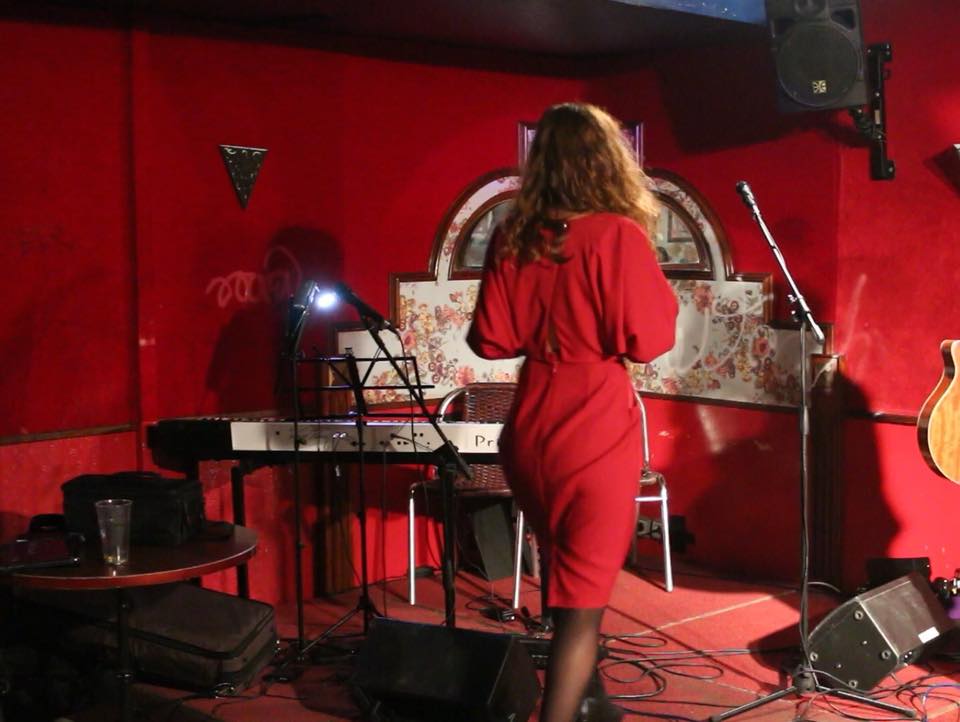
Do you write poetry? If so, what is the process like for you? It seems to me that it’s not the same as writing prose. It’s like writing poetry is not at the same ‘depth’ in the body as Prose, the wrong chakra, if I may say so. How is it for you?
I’m more of a prose writer than a poet. There’s a lot of music in my prose which is characteristic of poetry. My poems have a lot of imperfection inherent in prose.
It seems to me that in order to really write poetry and not rhyming something, you have to have an absolute ear and an absolute modesty. After all, when you write poetry, you are talking to God. You are transmitting to this world his melodies. That’s why it is so important not to be false.
Generally, the basic rule for a poet (and a writer too) is: “If you can not write, don’t write”. Sometimes silence is the most beautiful piece of work.
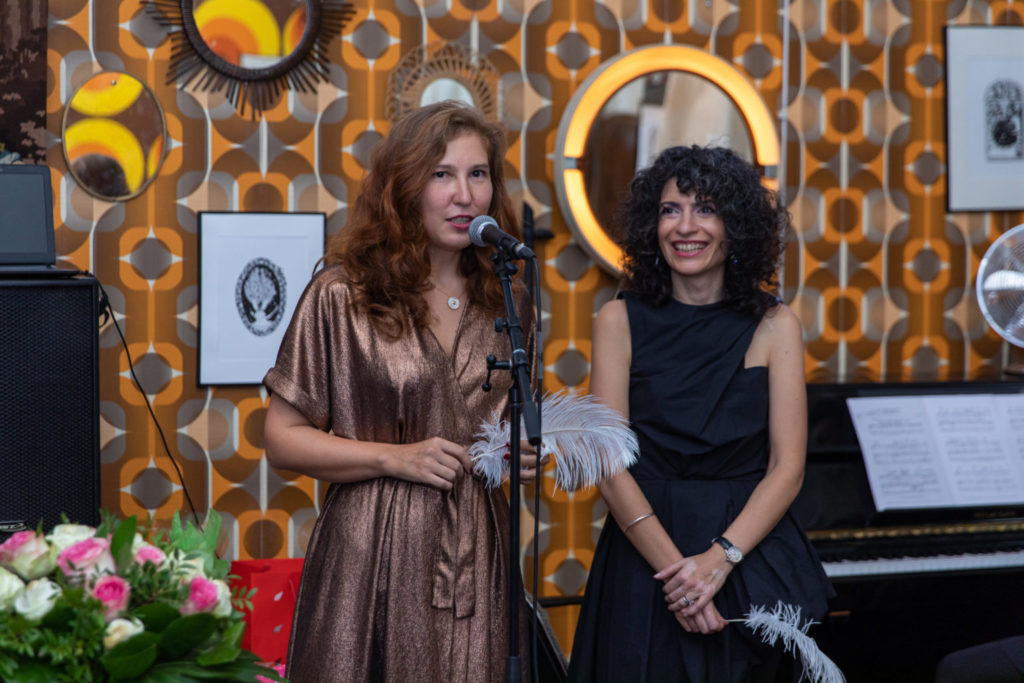
What is happiness to you?
For me, happiness is the freedom of the creator. Action is something I believe in, and as long as I can breathe and act, I feel alive and happy. The freedom to express myself, the freedom to be myself, to find beauty and let it into the world is what happiness is. I’m not looking for happiness per se, I’m not looking for satisfaction, satiation or self-satisfaction, but for maximum self-realization, for realizing my full potential as a person. In creativity, in relationships, in work – in anything.
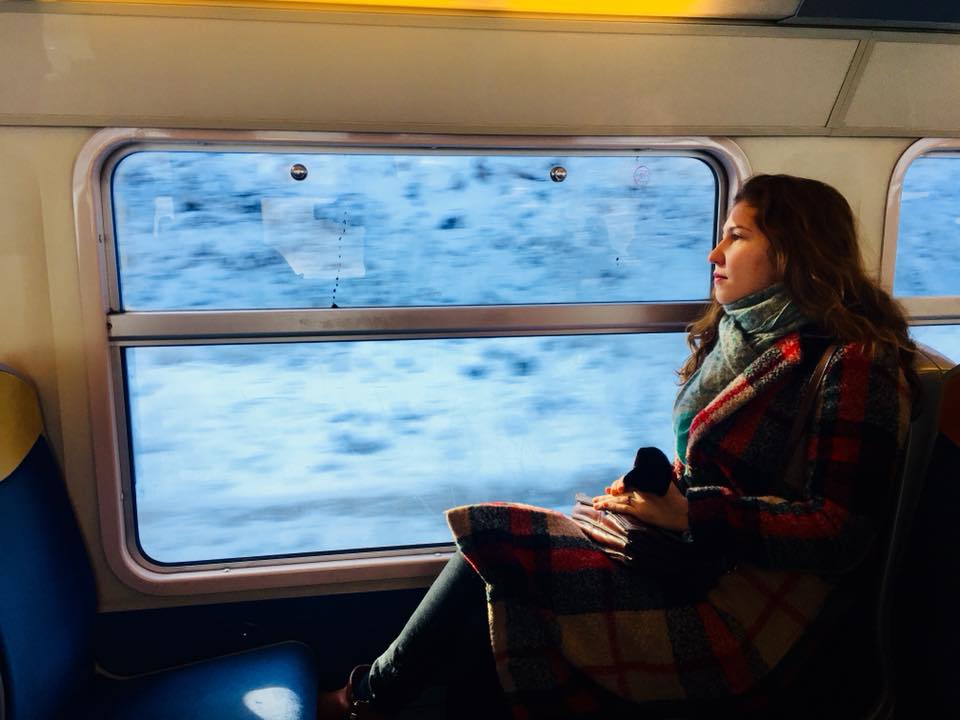
What kind of people do you surround yourself with?
It just so happens that all those people in my life come into my life by themselves. All the most amazing people in my life have chosen me themselves.
Generally, as one Doctor was fond of saying, “there’s no one who isn’t important”. That’s what I believe in. My closest person is, of course, my husband.
What is the White Phoenix Tales Literary Club to you and how did it come about?
“The White Phoenix” has long been on my mind, but for years I couldn’t find the right space to bring it to life. When I met Elena Yakubspheld in the autumn of 2017, we realized that we had been dreaming of the same thing for so many years: to create the perfect space for those who want to create. And for ourselves, of course. Not a union, not an alliance, not a creative workshop, but a celebration, I would even say a sacred event. That is why the club was called “Order of the White Phoenix” at first. And somehow, the two of us found ourselves on the same wave, which brought us to the holy shore.
We created a literary space, a club for creators, along the lines of the creative boudoirs in Paris at the beginning of the last century. Then other like-minded people came along. For me, the White Phoenix Tales is a new literary wave, which I hope will bring together writers and creators of a new generation, with their own distinctive voices and powerful texts. And a good excuse to create, read and listen to beautiful poetry and prose with the gentle murmur of chardonnay.
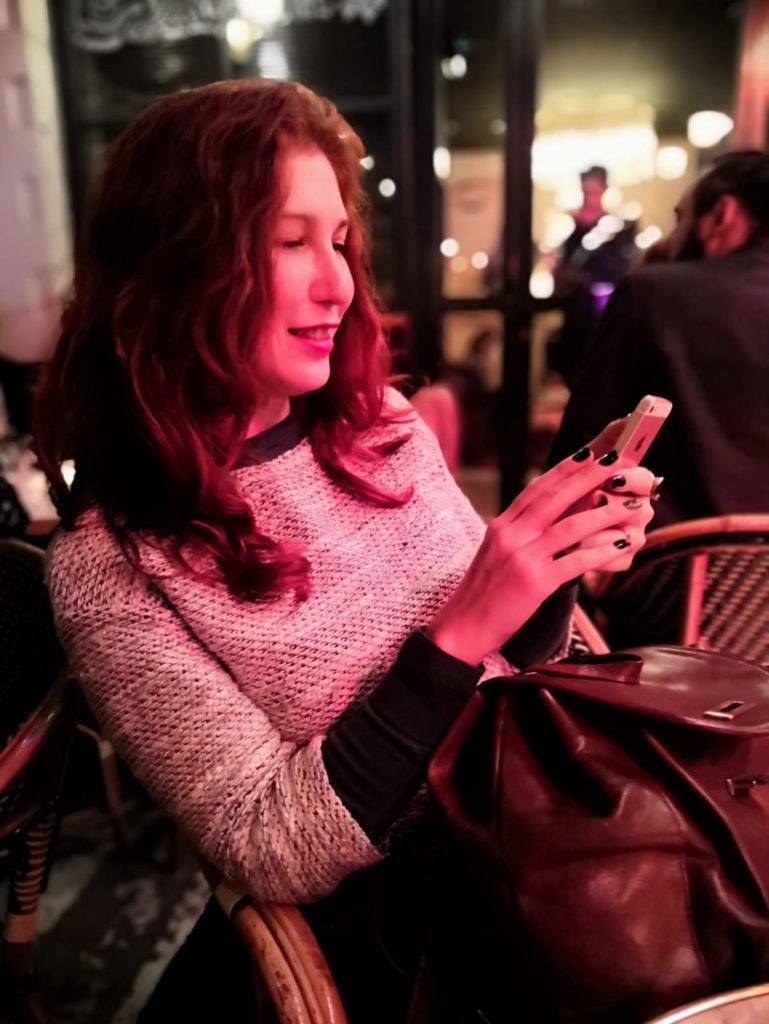
What are your highest standards in life aimed at?
There are qualities that seem very important to me. They are nobility, generosity and strength. And of course, divine simplicity.
You write, take photographs, promote litclub, and like many of us, you also have a regular job. How do you manage to do everything?
Honestly, sometimes I ask myself that question. Maybe I manage to do a lot of things because I generally like to work, I enjoy it, and I rest by switching from one activity to another. Sometimes I have to slow down on purpose to be in complete peace. Then I like to walk alone somewhere in nature. In recent months I have started meditating regularly for the first time, and it gives me a lot of energy. As they say, there is a time to gather stones and there is a time to scatter stones.
What do you think is the uniqueness of the times in which we live?
The uniqueness of our time is that, for the first time in human history, we have accelerated so much that we do not have time to keep track of all the technological, social, cultural and political changes that are entering and becoming part of our lives. Humanity is evolving so rapidly that the psyche of many people, indeed whole nations, cannot cope, cannot have time to assimilate all this experience. We have entered a new era and man has not had time to adapt to it. Hence stress, depression and a sense of lost values and the meaning of life. People just don’t have time to understand why they came here. They are in a sense lost among three pines. So I believe that the ability to stop in time in all this time pressure, to be quiet and listen to yourself, to the feelings of your body, mind, soul, to taste eternity is an important skill, without which you can survive but not live.
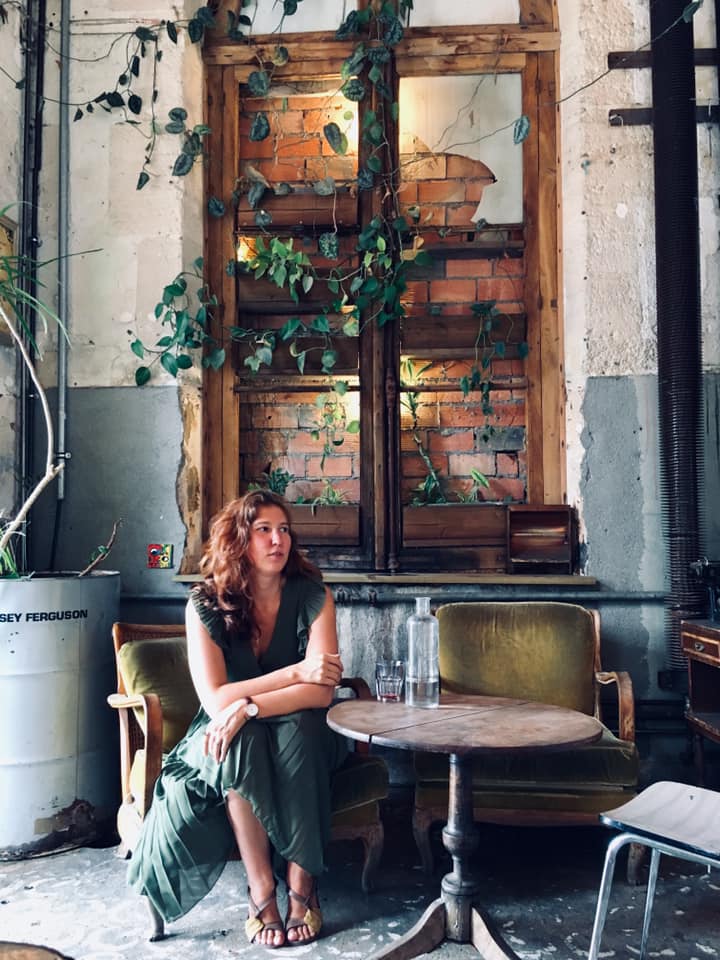
What are your favorite poets? Writers?
How can I remember all of them? Poets are, of course, Arseny Tarkovsky, the poet with an absolute hearing who said “live in a house and the house won’t collapse” and also “I hear a round apple’s round tongue”. Nikolai Gumilev with his chevalier poems “I’m a conquistador in an iron shell, I’m merrily chasing a star”, Sei Shonagon with his tender and daring “Notes by the headboard”, Rainer Maria Rilke, Anna Akhmatova. Ivan Poltoratsky. Since some time also Dmitry Vedeniapin, who has fascinated me both as a person and as a poet.
About the writers. You’re probably asking about prose fiction, but of those, Gabriel Garcia Marquez, Julio Cortázar, Milorad Pavich, Ernest Hemingway, Anton Chekhov, Jerome K. Jerome, Bernard Shaw, Oscar Wilde, Haruki Murakami, Gerald Durrell, Jack London, Charlotte Bronte, Tove Jansson, Edgar Poe. As far as non-fiction books are concerned, it is undoubtedly Carl Gustav Jung.
What do you see as the meaning of your existence?
To Create.
My husband Arnaud, my closest person on this Earth, once told me: a wise man, a man in the highest sense of the word, always helps those around him, endlessly transforms, improves the space in which he lives, because the better the life of those around him becomes, the more opportunities for self-realization, work and creativity he has for himself.
This is what I aspire to. It is my identity. A perpetual cycle and interchange with the world.
I guess the meaning of my existence, as I see it now, is in the endless transformation of what I can reach. To create something new that makes the space around me better. Through the emotion of my voice, which is in prose. Through the help someone in need. Through the support and inspiration of others. Even through dishes washed in time. The ways of creation are mysterious. I don’t aim for something big, but I believe in acting in time.
And, of course, I see great meaning in love, in transmitting it from person to person, from generation to generation through forms, melodies, thoughts and actions. This world desperately needs love. This world is so short of it. So whichever activity I choose, the meaning remains the same. To create and to produce, to produce and to create. With love. As the great dreamer Ray Bradbury wrote, “Do what you love and love what you do.”


